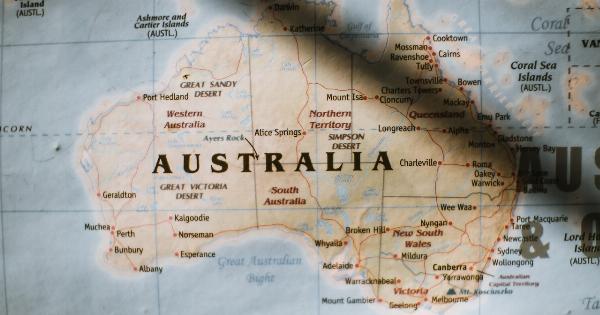Chemicals are everywhere and some of them can be harmful to our health. Exposure to harmful chemicals can cause a wide range of health problems such as headaches, nausea, skin irritation, respiratory problems and even cancer.
It’s important to know how to protect yourself from these chemicals to stay healthy and safe. Here are some ways to defend yourself against harmful chemicals:.
1. Read Labels and MSDS Sheets
Before using any chemical, it’s important to read the label and Material Safety Data Sheet (MSDS). The label will provide information on how to use the product safely, including any precautions that need to be taken.
The MSDS will provide in-depth information about the chemical composition, potential health effects, and first aid measures in case of exposure. Make sure you read and understand both before using any chemical.
2. Wear Protective Clothing and Equipment
Wear protective clothing and equipment such as gloves, safety glasses, masks and aprons when handling chemicals. This will protect your skin, eyes, and respiratory system from chemical exposure.
Make sure your protective gear is appropriate for the chemical you’re working with, and that it fits properly and is in good condition.
3. Store Chemicals Safely
Proper storage of chemicals is important to prevent accidents and exposure. Keep chemicals in their original containers and make sure they’re labeled properly.
Store chemicals in a cool, dry and well-ventilated area away from food, water, and other products. Make sure chemicals are stored out of reach of children and pets.
4. Handle Chemicals in a Well-Ventilated Area
Many chemicals release fumes that can be harmful if inhaled. Make sure to handle chemicals in a well-ventilated area, such as near an open window or in a well-ventilated room. Use a fan or ventilation system to help disperse any fumes.
5. Clean up Spills Immediately
Accidents happen, and when they involve chemicals, it’s important to act quickly to prevent exposure. If a spill occurs, make sure to clean it up immediately using appropriate protective gear and equipment.
Follow the instructions on the label and MSDS for clean up and disposal.
6. Use Safer Alternatives
If possible, use safer alternatives to chemicals that are known to be harmful. For example, instead of using harsh chemical cleaners, try using natural, non-toxic or biodegradable alternatives. Check the labels for biodegradable or green certifications.
7. Wash Your Hands Frequently
Wash your hands frequently when working with chemicals to prevent exposure. Use soap and warm water and scrub your hands for at least 20 seconds. Dry your hands with a clean towel or air dryer.
8. Avoid Eating, Drinking or Smoking
Do not eat, drink or smoke near chemicals. This can cause exposure through ingestion, which can be very harmful to your health. Make sure you have a designated area for eating and drinking away from chemicals.
9. Seek Medical Attention if Exposed
If you’re exposed to a chemical and experience any symptoms such as headaches, nausea, skin irritation or respiratory problems, seek medical attention immediately.
Inform the medical staff of the chemical you were exposed to so they can provide appropriate treatment.
10. Dispose of Chemicals Properly
Do not dispose of chemicals down the drain or in the trash. Follow the instructions on the label and MSDS for proper disposal. Many chemicals require special disposal procedures to prevent harm to the environment and our health.
Conclusion
By following these recommended ways to defend yourself against harmful chemicals, you can protect your health and stay safe while handling chemicals.
Remember to read labels and MSDS sheets, wear protective clothing and equipment, store chemicals safely, handle chemicals in a well-ventilated area, clean up spills immediately, use safer alternatives, wash your hands frequently, avoid eating, drinking or smoking near chemicals, seek medical attention if exposed, and dispose of chemicals properly.






























